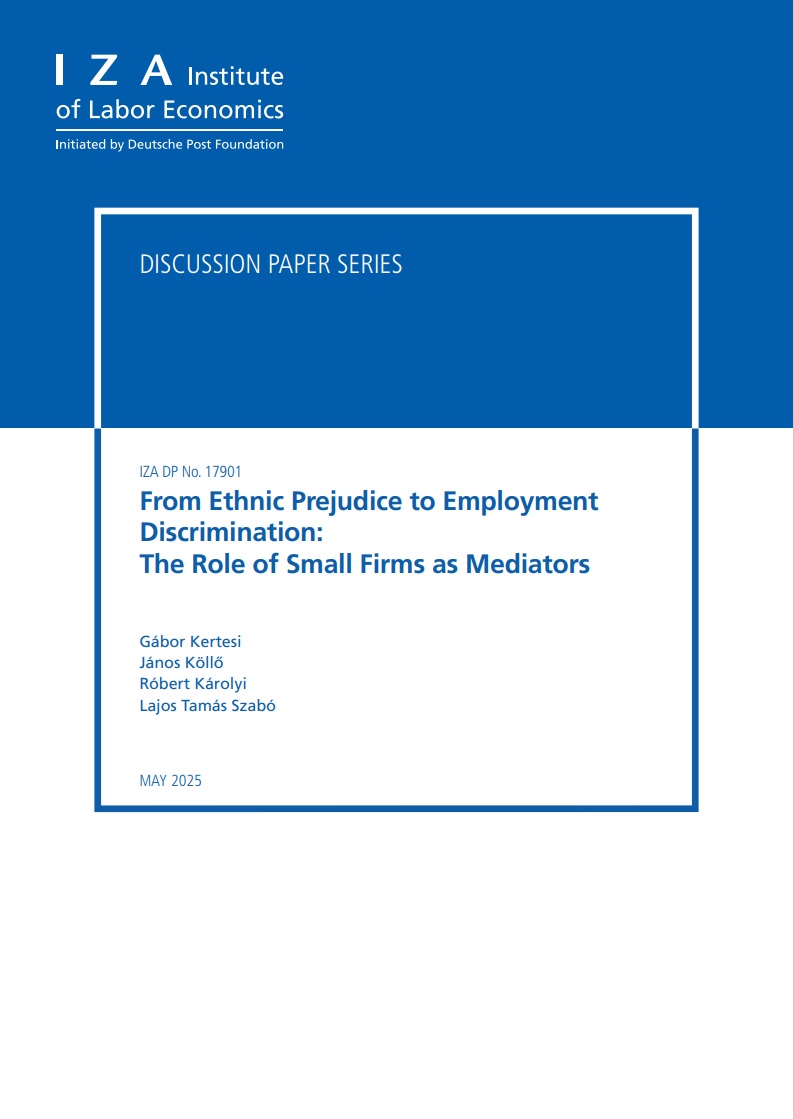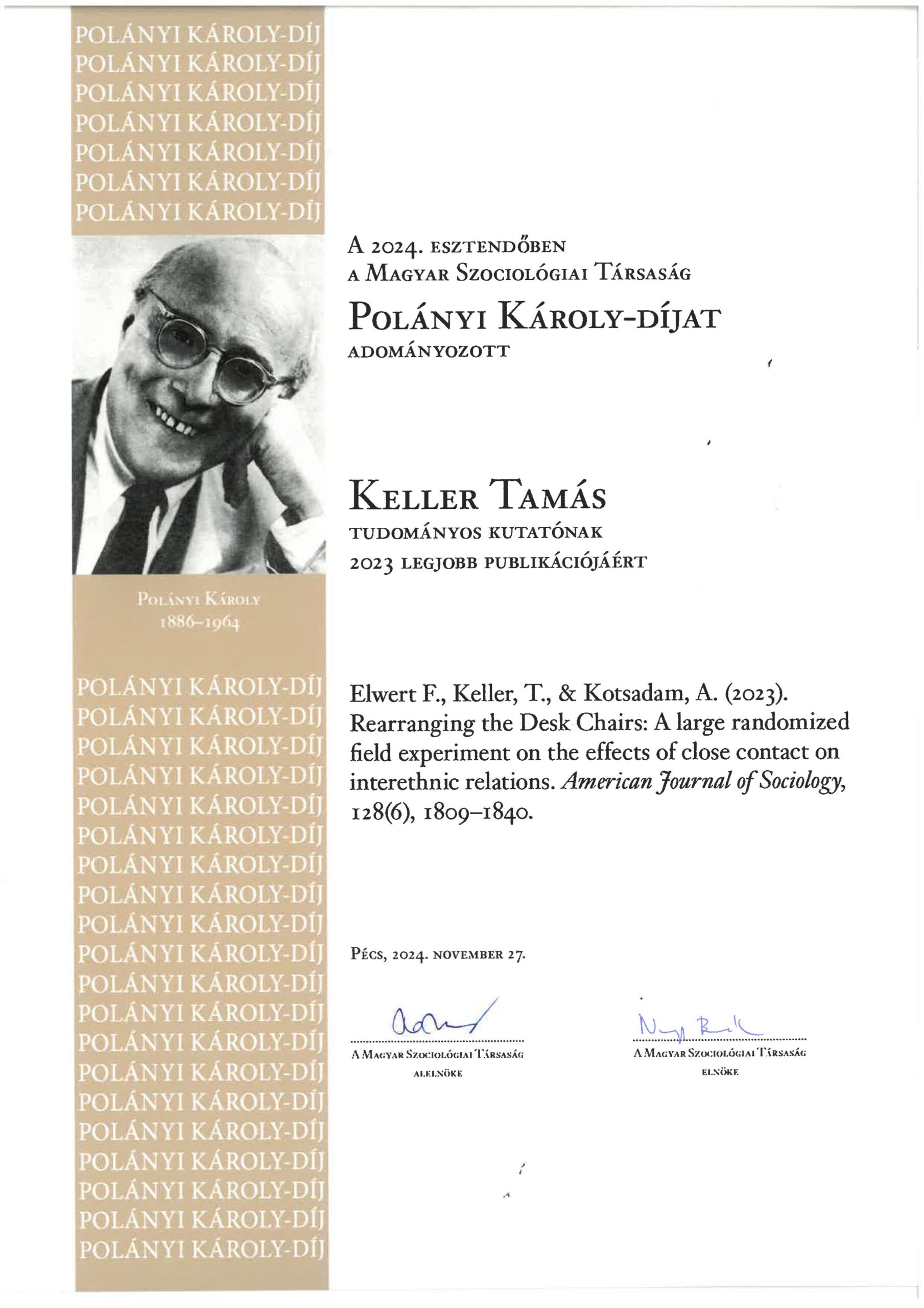Revisiting the Dunning-Kruger effect: Composite measures and heterogeneity by gender
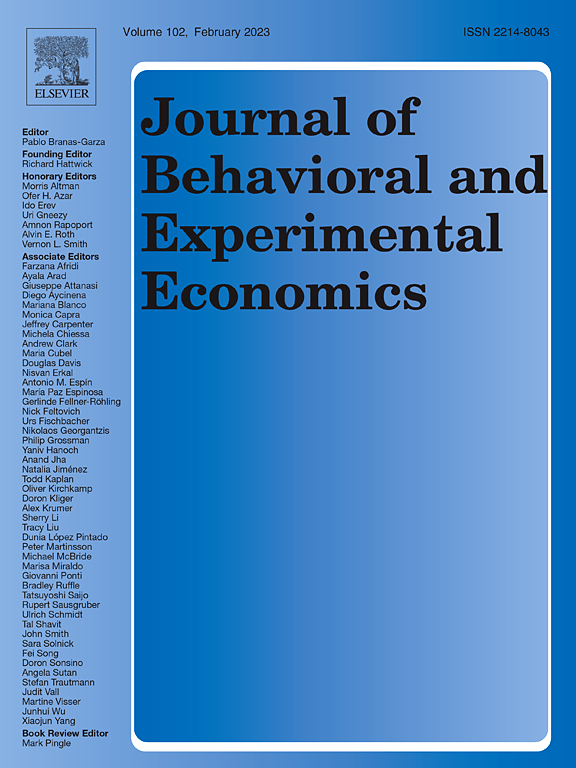
Anna Adamecz – Radina Ilieva – Nikki Shure Journal of Behavioral and Experimental Economics, Vol. 116. Paper 102362 (2025) Abstract The Dunning-Kruger effect (DKE) states that people with lower levels of the ability tend to self-assess their ability less accurately than people with relatively higher levels of the ability. Thus, the correlation between one’s objective […]
Trade-offs and synergies when balancing economic growth and globalization for sustainable development goals achievement

Imre Fertő – Gábor Harangozó Scientific Reports, Vol. 15. Art. No. 8634 (2025) Abstract This study investigates the complex relationships between globalization, economic growth, urbanization, and ecological footprint in the context of advancing the United Nations Sustainable Development Goals (SDGs). Employing a club convergence framework, we evaluate global SDG Index from 2000 to 2023 for 149 […]
The intertwined geographies of agricultural land and human settlement in Europe
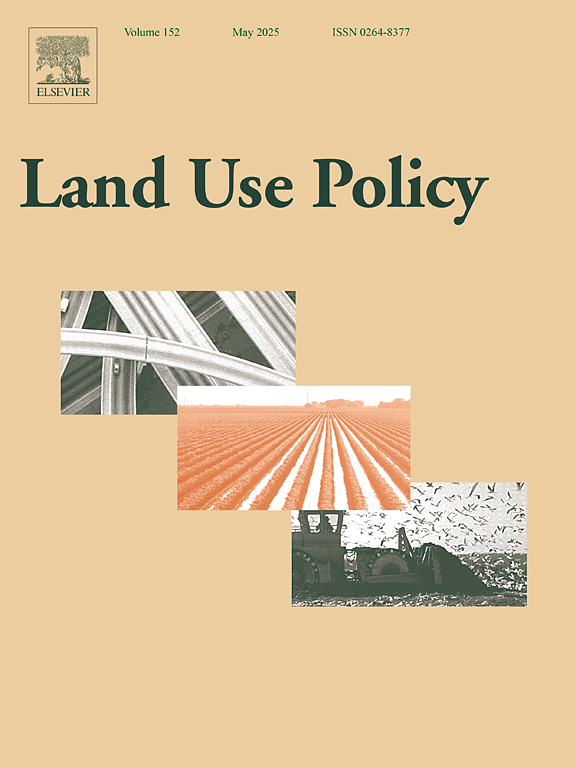
Jüri Lillemets – Ants-Hannes Viira – Imre Fertő Land Use Policy, Vol. 153. Paper: 107527 (2025) Abstract Attention of rural policies in Europe is increasingly shifting away from agricultural production towards economic multifunctionality, environmental sustainability, and social development, including the impact of farmland on quality of life. This study examines the relationship between population and […]
Realistic models for diffusion of innovation
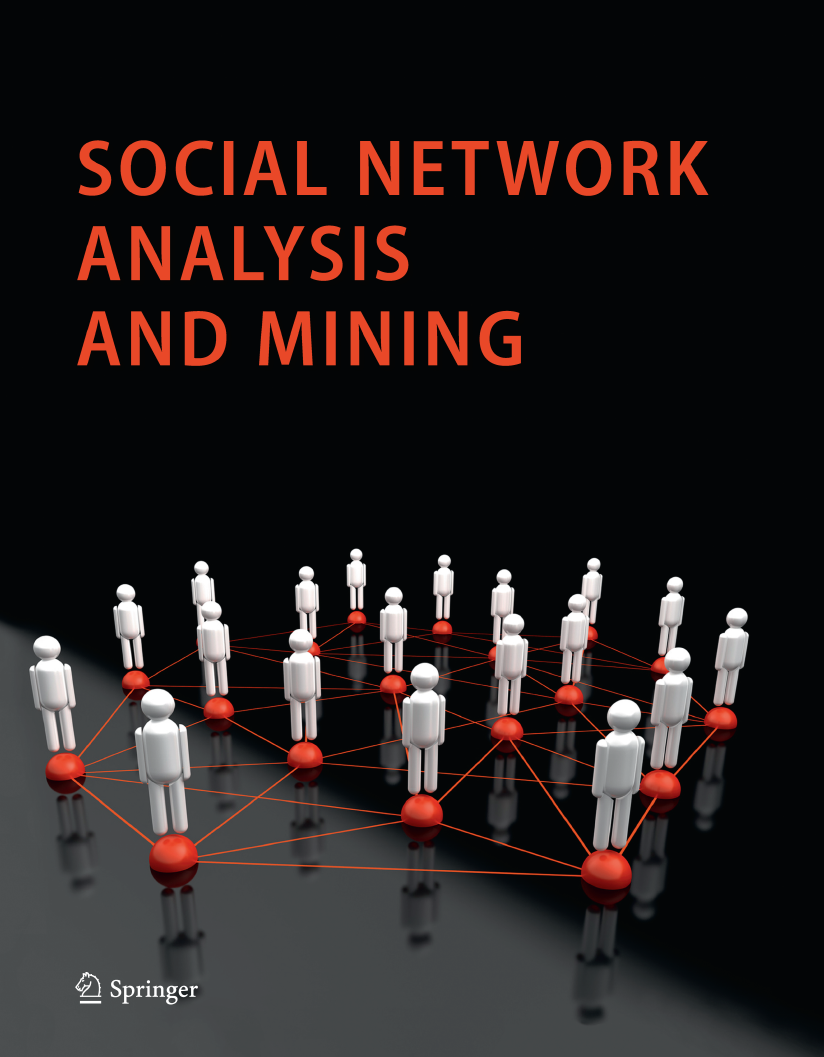
Balázs R. Sziklai – Kate Barnes – József Pintér Social Network Analysis and Mining, Vol. 15. Art. No. 12. (2025) Abstract It is widely acknowledged in the socio-economic literature that innovators and early adopters play an essential role in the diffusion of innovation. However, current approaches to influence maximization primarily concentrate on identifying influencers as […]
The Experiential Advantage in Consumption: Evidence from Hungary
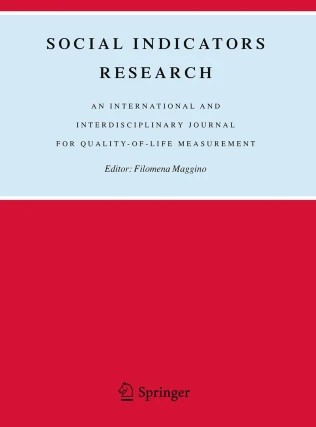
Gábor Hajdu – Tamás Hajdu Social Indicators Research, Published: 06 March 2025 Abstract Previous research indicates that individuals derive greater happiness from spending on experiences than on material possessions. However, these studies have relied primarily on U.S. samples and research designs in which participants directly rated their happiness with recalled purchases. This study examines whether […]
Urban highways are barriers to social ties

Luca Maria Aiello – Anastassia Vybornova – Sándor Juhász – Michael Szell – Eszter Bokányi Proceedings of the National Academy of Sciences, Vol. 122. No. 10. Paper e2408937122 (2025) Significance Highways are physical barriers that cut opportunities for social connections, but the magnitude of this effect has not been quantified. Such quantitative evidence would enable […]
Digitalization against tax evasion : evidence on the role of company size
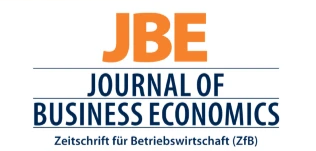
Bálint Ván – Gábor Lovics – Csaba G. Tóth – Katalin Szőke Journal of Business Economics, Published online: 27 February 2025 Abstract: To reduce tax evasion, in 2013 and 2014 the Hungarian government introduced mandatory online cash registers (OCR) in some sectors. As a result, almost 200,000 OCRs have been installed by 100,000 enterprises. We […]
Investigating the Role of Activation Functions in Predicting the Price of Cryptocurrencies during Critical Economic Periods
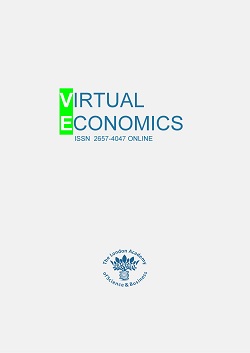
Laszlo Vancsura – Tibor Tatay – Tibor Bareith Virtual Economics, Vol. 7. No. 4. (2024) Abstract Accurate cryptocurrency price forecasting is crucial due to the significant financial implications of prediction errors. The volatile and non-linear nature of cryptocurrencies challenges traditional statistical methods, revealing a gap in effective predictive modelling. This study addresses this gap by […]
Labour market success of non-completer higher education students and higher education degree-holders
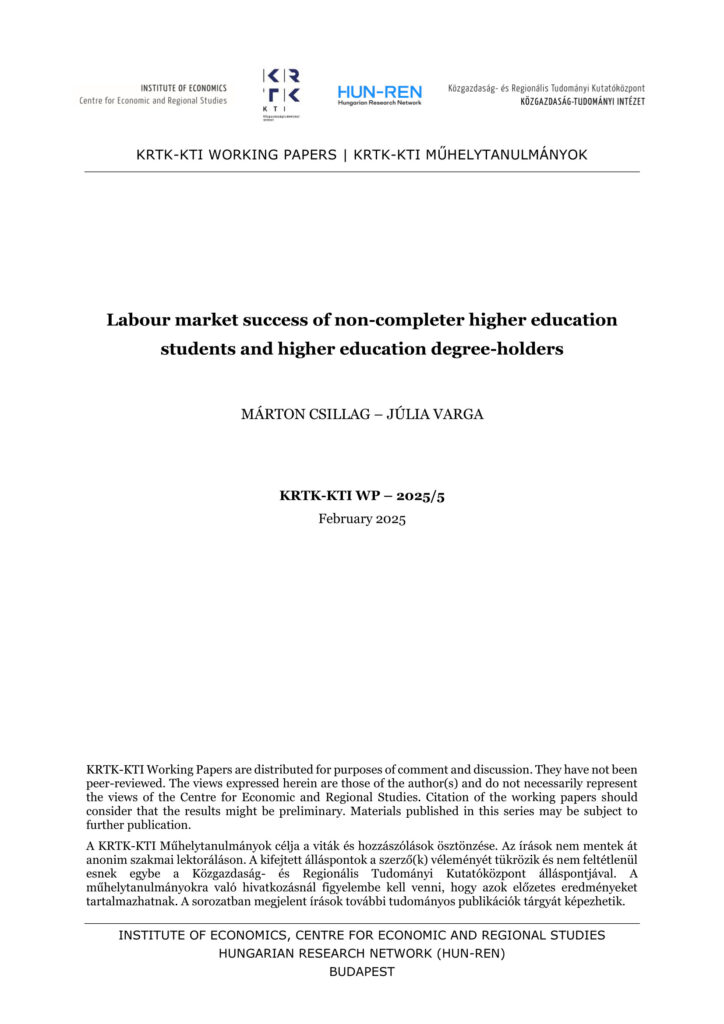
This study uses a large, individual-level, linked administrative panel dataset (Admin3) to examine the early labour market success of Hungarian higher education graduates who graduated between 2011 and 214, compared to their peers who graduated with incomplete degrees (only ‘absolutorium’ and no degree). We focus on the first 36 months of the early labour market […]
The Role of Skills and Wages in Early Career Occupation Mobility: Evidence from Hungary
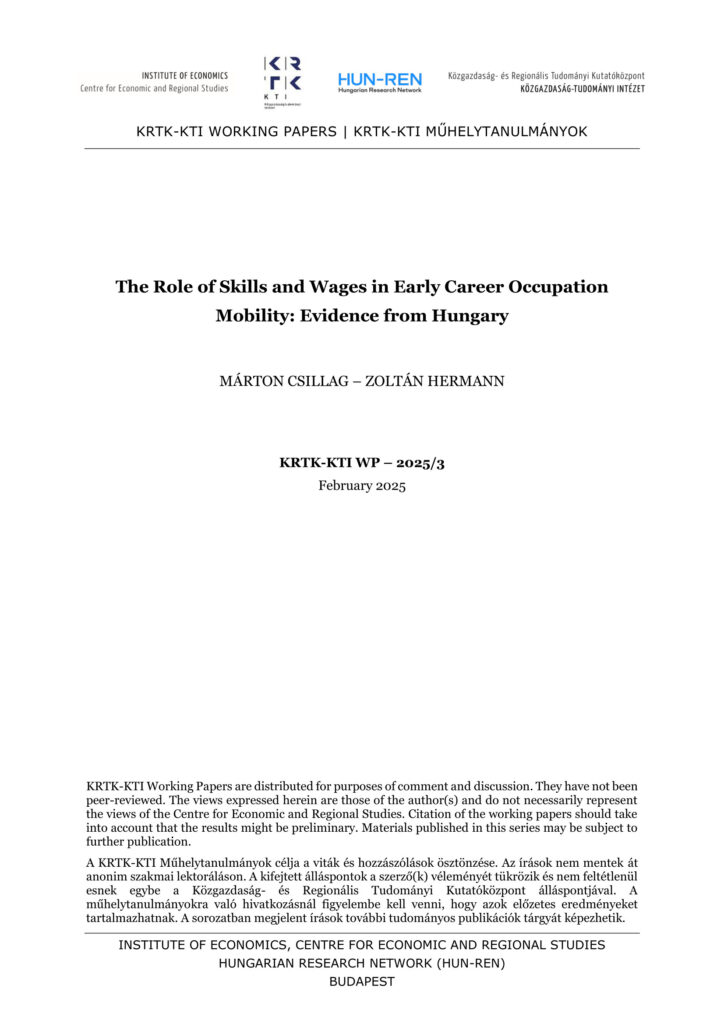
This study investigates the patterns and determinants of occupation mobility among young workers with medium-level qualifications in Hungary during their first 4-8 years in the labor market. Utilizing linked employer-employee panel data augmented with standardized test scores from grade 10, we examine the relationship between occupation mobility, wages, and skills. Our findings indicate that wages […]
How socioeconomic status differences observable in students’ delay of gratification evolved over the period of COVID-19-induced online education
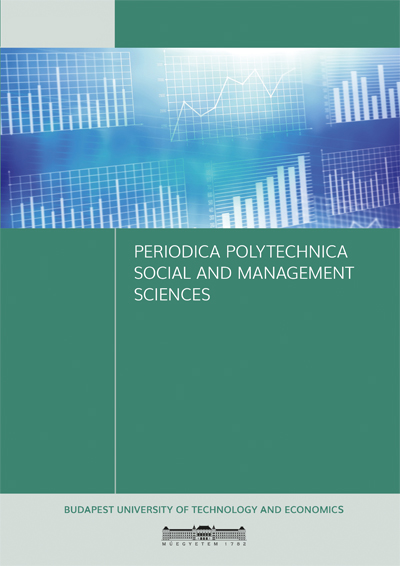
Tamás Keller – Hubert János Kiss Periodica Polytechnica : Social and management sciences Online First, Published online: 21 February 2025 Abstract: We show the evolution of the delay of gratification (DG) in 950 students aged 10–14 during coronavirus-induced home-based online education, by analysing data from two waves of voluntary online surveys. Students in the highest […]
Peers, parents, and self-perceptions: the gender gap in mathematics self-assessment
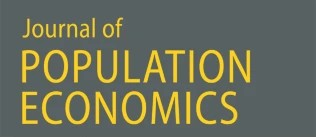
Anna Adamecz – John Jerrim – Jean-Baptiste Pingault – Nikki Shure Journal of Population Economics, Vol. 38. No. 1. Art. No. 33. (2025) Abstract: It is well established that boys perceive themselves to be better in mathematics than girls, even when their ability is the same. We examine the drivers of the gender gap in […]


